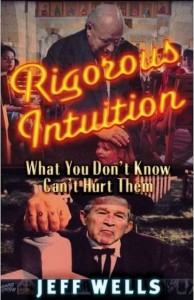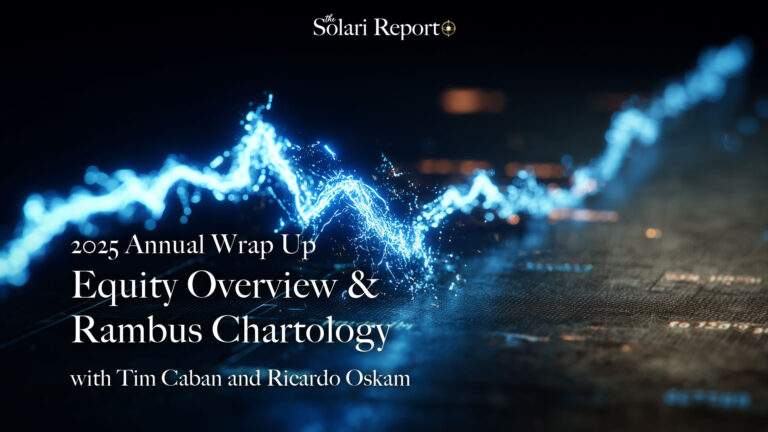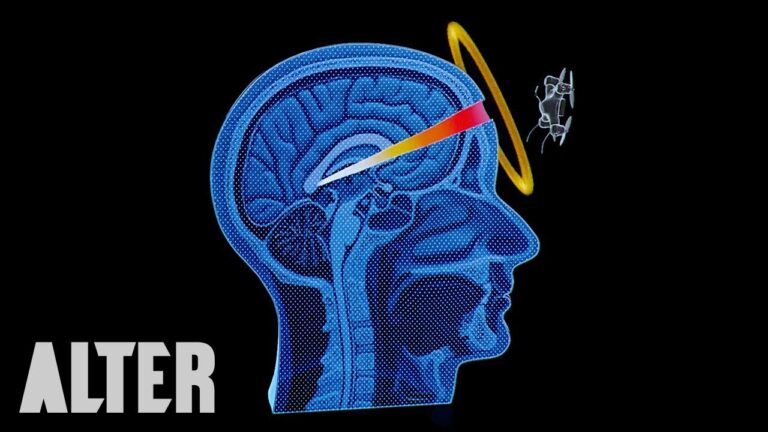
In 1997, a strategic planning group at the CIA made a visit to my company in Washington. They brought with them a woman whose job and title were classified. I was not allowed to know them. She communicated throughout the meeting that she held my work and me in utter disdain. Upon listening to my presentation on how small business and communities in America could be strengthened, she looked at me and sneered, “You know what your problem is? You don’t understand where evil comes from.”
She was right. Forced by circumstances — arranged, I suspect, by her colleagues back at Langley — I spent the years after meeting her in a concerted effort to understand where evil comes from. Yet, here I sit many years later still not having an answer to this profoundly important question. Where does evil come from?
Our economic problems are symptoms of a problem we have with evil. So if we want to address our economic problems, we have to deal with the root problem — the ascendancy of evil and its effective use of invisible weaponry, including financial weaponry
How do we navigate in a world where it is impossible to obtain the information we need to see our way clearly? If the mathematics of time and money can not help me understand phenomenon, then I try to navigate through common sense and the human heart. I view events through a spiritual prism, trying to live with uncertainty — to know what I don’t know and embrace this ambiguity with faith and grace.
This is why I have always enjoyed Jeff Wells’ blog Rigorous Intuition. Wells has a masterful way of dealing with some of the darkest and weirdest aspects of life on planet earth. Here is a man whose search for truth is without censorship. There is little urge to seek a shallow certainty. There is courage here.
Wells just published a new book, Rigorous Intuition: What You Don’t Know Can’t Hurt Them. If you want to contemplate real life outside of any bubble, this book is recommended. In a series of short essays drawing from his blog, Wells gives you many more questions than answers, some profound insights, delightful laughs and the pleasure of spending time with a fine writer.
Wells can not yet answer the question, “Where does evil come from?” Rather, he invites us to explore with him and helps us to stare into the abyss of evil and unknown with integrity and humor.






















































































































In the bible God says “the imagination of mankind is evil”. Evil comes from our imagination. So search to the depths of the bottomless pit of imagination and good will never be found. Only God is good and you can find that in the word of God.
Where does evil come from? I think this question can easily be misleading, but I cannot write much at the moment. However, I just wrote the following to a friend dealing in part with Greek Tragedies that I think is relevant at times to this problem: “This interview reminds me of a Greek Tragedy. In a Greek Tragedy, the pain and suffering do not stay simply within a family but spread like a plague to groups, apparently connected only indirectly with the original untoward deed, usually done by a leader belonging to a larger family of high position. The tragedy continues for generations, spreading from person to person, and group to group, like a contagious plague. There seems to be no rhyme or reason for the destruction, except a dark senseless fate that will not be stopped, set into motion by the original untoward deed.
(I believe these tragedies were really lessons warning that an apparently relatively minor transgression, especially when done by a leader, could put into motion events resulting in generations of misery. I don’t this know interpretation for sure, but I am beginning to wish I did.)
Satan the devil is foremost source of evil… good will ultimately triumph over evil at the battle of Armageddon in the not too distant future. “And in the days of those kings the God of heaven (Jehovah) will set up a kingdom that will never be brought to ruin. And the kingdom itself will not be passed on to any other people. It will crush and put an end to all these kingdoms, and it itself will stand to times indefinite.” (Daniel 2:44)
To live in a world without imagination, I would die a figurative death. As John Lennon sang, in his popular song, Imagine:
[…]
You may say that I’m a dreamer
But I’m not the only one
I hope someday you’ll join us
And the world will be as one
Imagine no possessions
I wonder if you can
No need for greed or hunger
A brotherhood of man
Imagine all the people
Sharing all the world […]